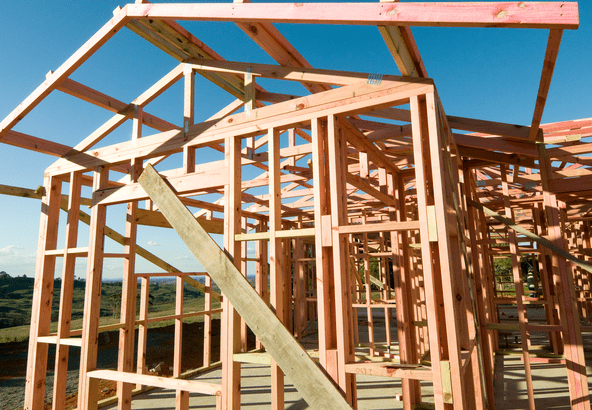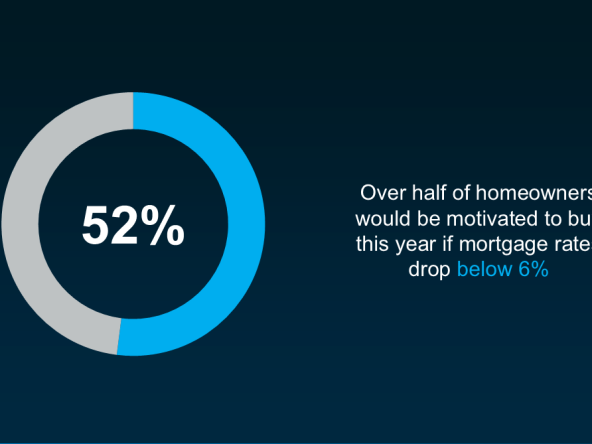The dream home – it’s spacious, ticks all your boxes, and ideally, it’ll be a safe and secure haven for years to come. But with climate change amplifying weather events, what was once a surefire location might not be so secure anymore. So, how do you find a house that weathers the (increasingly volatile) weather?
Why Climate Matters When House Hunting
A recent study showed that a whopping 63% of people who moved during the pandemic considered climate change a factor in their decision [NAR]. This isn’t surprising. Rising sea levels, stronger storms, and more frequent wildfires are making some areas riskier than ever. Here’s why you should consider the climate when house hunting:
- Flood Risk: Charming riverside property? Maybe not. Areas near water bodies are increasingly prone to flooding, thanks to rising sea levels and heavier precipitation.
- Fire Danger: Mountain views can be breathtaking, but wildfires are becoming more common and destructive. Living in a high-fire zone means considering fire-resistant building materials and defensible space landscaping.
- Drought Concerns: Drought can cause the ground to shrink and crack, which can damage foundations. In drought-prone areas, research the water availability and potential restrictions.
Finding Your Climate-Friendly Haven
So, how do you balance your dream home with climate safety? Here are some tips:
- Partner with a Local Real Estate Agent: A good agent will be familiar with the area’s specific climate risks and can guide you towards safer zones.
- Research Flood Maps and Fire Zones: Don’t rely on hearsay. Government websites often have resources that detail flood plains and wildfire risk areas.
- Consider the Home’s Construction: Look for features that can withstand stronger winds and rain. Fire-resistant siding and hurricane shutters can make a big difference.
Building Resilience: Beyond Location
Even in a lower-risk zone, there are ways to make your home more resilient:
- Invest in Smart Drainage: Proper grading and drainage systems can help divert floodwaters away from your foundation.
- Embrace Native Plants: Native plants require less water and create defensible space around your home in fire-prone areas.
- Consider Upgrading Insurance: As climate risks rise, so might your insurance costs. Shop around to find the best coverage for your situation.
The Final Takeaway
Climate change might add another layer of complexity to your house hunt, but it doesn’t have to be a dealbreaker. By taking a proactive approach and factoring in climate risks, you can find a home that’s not just your dream but also a safe and secure haven for the future.
Ready to find your climate-resilient dream home?
The experts at Full Circle Real Estate can help. We have a deep understanding of the local market and can guide you towards areas with lower climate risks. Our agents are also well-versed in finding homes with features that can withstand extreme weather. Contact Full Circle Real Estate today and let us help you weather the storm and find your perfect home!




